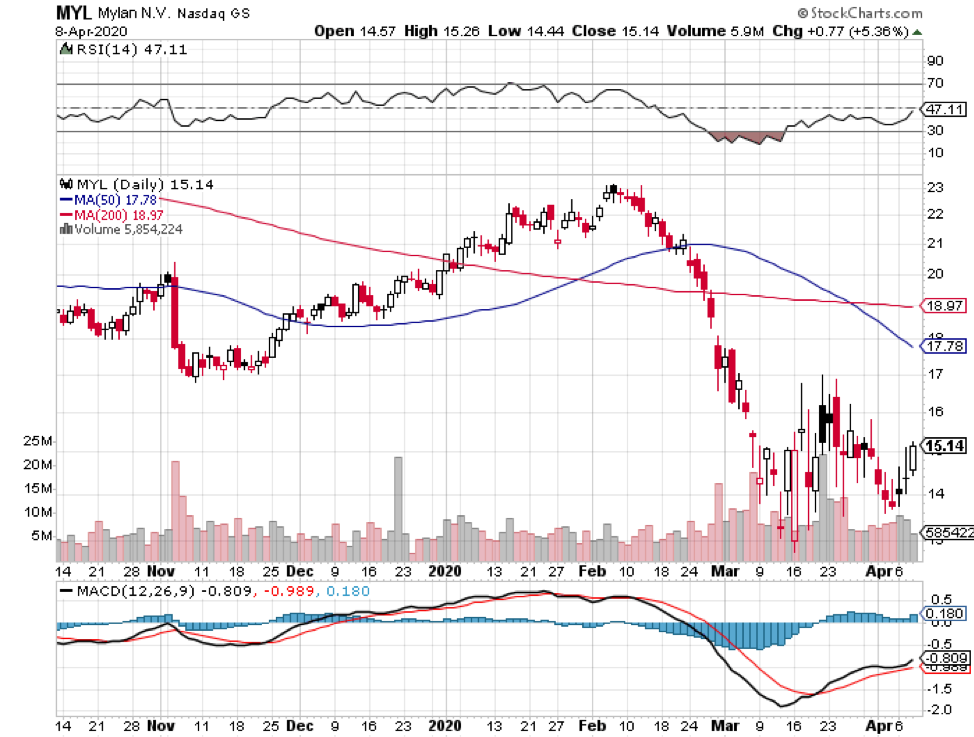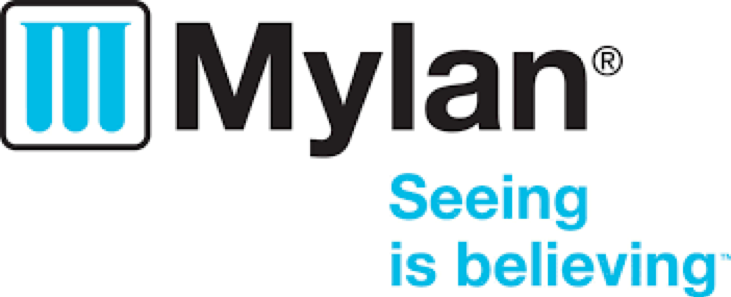A Sliver of Hope for Coronavirus
To this day, there’s still no solid proof that any drug can treat or prevent infection with the deadly coronavirus. Faced with an exploding pandemic that brings an alarming death toll, the public is eager -- desperate -- for a sliver of hope and some news regarding discoveries of COVID-19 treatment.
Lately, the drug that has been gaining so much attention is hydroxychloroquine. This is primarily thanks to Trump’s endorsement, with the president going as far as labeling it a “miracle” drug.
By now, we’ve become all too familiar with the story behind this “miracle” drug.
Trump was watching TV the night before and saw a feature about a Michigan woman who was suffering from COVID-19 for 12 to 14 days. Her suffering was so intense that she felt she would die anytime soon. One night, she asked her husband to find hydroxychloroquine.
Four hours after taking it, she felt better and eventually recovered.
While health experts are still waiting for conclusive evidence on the drug’s efficacy, this story inspired Trump to urge the public to try it as well.
Aside from describing it as a potential cure, Trump is also recommending hydroxychloroquine as a preventive measure for health workers. His point is that there’s really nothing to lose here. After all, the drug has been used for decades so “it’s not going to kill anybody” compared to completely novel treatments.
In fact, he has been so intent in using hydroxychloroquine to cure COVID-19 patients that he ordered 29 million doses added to the government’s cache of medical supplies.
Just what is hydroxychloroquine?
This is a prescription drug approved to treat malaria decades ago. It can also be prescribed to treat autoimmune diseases such as lupus and rheumatoid arthritis. It’s called by its brand name Plaquenil as well.
Is it really effective to treat COVID-19?
The answer remains unclear. However, there are a couple of studies that point to promising results.
One is a laboratory study using cultured cells. In this research, it was found that chloroquine has the ability to prevent the coronavirus from invading the cells. Obviously, blocking the virus means protecting the body from the illness.
However, scientists issued a word of caution about this.
They reminded us that the drugs that work well in killing off viruses in petri dishes or test tubes do not necessarily translate to the same results in the human body.
As for hydroxychloroquine, studies showed that it can’t prevent or cure influenza and other viral diseases.
This doesn’t mean that hydroxychloroquine is useless as a COVID-19 treatment.
It just shows that more trials are needed to determine its actual effect. Several studies have been launched to figure out the answer to this.
In Detroit alone, there will be 3,000 patients set to participate in the trial to come up with a formal and conclusive study on hydroxychloroquine.
In a nutshell, what the health experts are saying is that the celebration might be a tad premature.
So this leads to a lot of investors to wonder which companies stand to benefit if hydroxychloroquine gets approved as a COVID-19 treatment.
Probably no one.
Keep in mind that this is an old drug, which came to the market sometime in the 1940s. Hence, it’s highly unlikely for it to become a blockbuster drug for any company.
Right now, several companies are already making it, including Novartis (NVS) and Bayer (BAYRY).
However, investors interested in buying cheap biotech stocks might be interested in generic drug maker and Mylan (MYL) are also in the running.
When Trump started touting the effects of hydroxychloroquine on COVID-19 patients, Mylan immediately restarted its production of the tablets.
The company aims to have the drug available in the market by mid-April, targeting up to 50 million tablets for over 1.5 million people.
Like I said, hydroxychloroquine isn’t going to be a high-selling drug for any company.
Nonetheless, this could provide the much-needed momentum for Mylan as its investors start to lose confidence in the company.
With the company back in the spotlight, it can easily redirect everyone’s attention to its upcoming merger with Pfizer’s (PFE) Upjohn unit to form a new company called Viatris.
This combined company will hit the ground running as it buys two assets from Pfizer.
One will be Meridian, which is the maker of EpiPen along with other auto-injectible treatments. The second is Mylan-Japan, which has been the generics collaboration unit of Pfizer and Mylan since 2012.
Both units recorded $598 million in annual revenue in 2019.
Viatris’ portfolio will also include a number of top-selling products like erectile dysfunction and pulmonary arterial hypertension Viagra and arthritis Celebrex.
The lineup will even feature the blockbuster cholesterol drug Lipitor, which generated more than 2 billion in sales last year alone.
According to the terms of the deal, Pfizer shareholders will own 57% of Viatris while Mylan shareholders get 43%.
Due to the upcoming merger, Pfizer went ahead and upped the 2020 guidance for Upjohn’s revenue from the $7.5 billion and $8 billion range to $8 billion and $8.5 billion.
The Viatris spin-off is expected to be completed by mid-2020.
For years, Mylan has been plagued with numerous issues like pricing concerns and even lawsuits.
Hence, this merger with Upjohn is considered a crucial turning point for Mylan. It represents a fresh beginning from this previously embattled stock.



